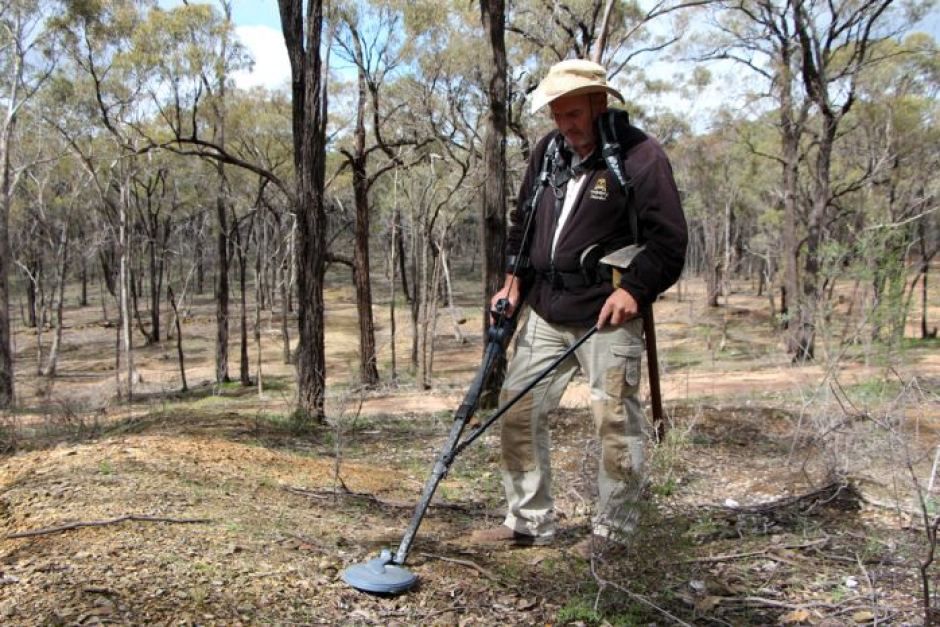Detector Usage for Beginners

For beginners, using a detector can be quite confusing. The working method of detectors with many different features, frequency settings, depth and stability settings and knowing which points to pay attention to make it easier to find the material you are looking for.
In order to learn the information about the searched area, soil properties and which frequency should be used, it is necessary to receive training for using the detector. This training should be given in particular to show how and in which areas it works more effectively according to the type of detector. So, how should a detector be used for beginners?
Important Points in Detector Purchase and Selection
The most important point for beginners in using a detector is to know what to look for when buying a detector . As with every technology, there are certain conditions of use and advantages in detectors. Therefore, when choosing a detector, you need to decide on your purpose of buying, in which area you need it, and your abilities. If you are buying it to find metal materials, issues such as what technical features it has, frequency level, and what type of search head it has are of great importance.
If we look at the most well-known technologies for metal detector types, the first 5 technologies are listed as TR detector, BFO, VLF, PI and VLF TR. These technologies used provide more advantages in some areas according to certain features. For example, VLF allows different metals to be separated from each other, while VLF TR provides advantages in trash and ground mineralization with its low frequency feature.
What are the Detection Activities and Types of Detectors?
Another important issue for beginners in using detectors is which items the detectors can detect. Specifically, detectors are diversified as deep treasure, gold, cavity finder, beach search, single coin or relic, water search, underground vision, resistivity, meteorite, security, target centering and industrial detector types. The purpose of the user is of great importance in determining which product and type to buy.
What is the Working Logic of Detectors?
The working principle of the detectors has a logic that detects metals via radio frequency. By performing a receiver and transmitter operation via coils on the detector, the desired substance is found underground. Basically, an electromagnetic wave current is produced in the transmitter section on the coil.
If this current encounters a metal underground, a certain reception occurs on the metal. This current is also called Faraday or eddy current. The current formed on the metal provides a magnetic wave to the receiver part with a magnetic wave, causing the detector signal to beep.
What are the Depth in Detectors and the Factors Affecting Depth?
Depth is one of the most important features that beginners should pay attention to when using a detector. The high depth level allows even metal parts that are deep to be found.
There are many factors to increase the depth level in the detector and to ensure that it works more effectively. In particular, the soil structure and the target sought affect the depth. For example, using the appropriate detector in a highly mineralized soil structure will provide you with a more advantageous result.
What are the points to consider when using a detector?
The most important points for beginners in detector use are; detector training, the language of the device, the terrain to be used, the product sought and the depth of the device. In detector use, knowing the terminology and having an idea of which operation to perform in which situation makes it easier to find the product sought. Therefore, the most important point for a beginner in detector use is to know the product's operating manual and terminology well and to receive training when necessary.




